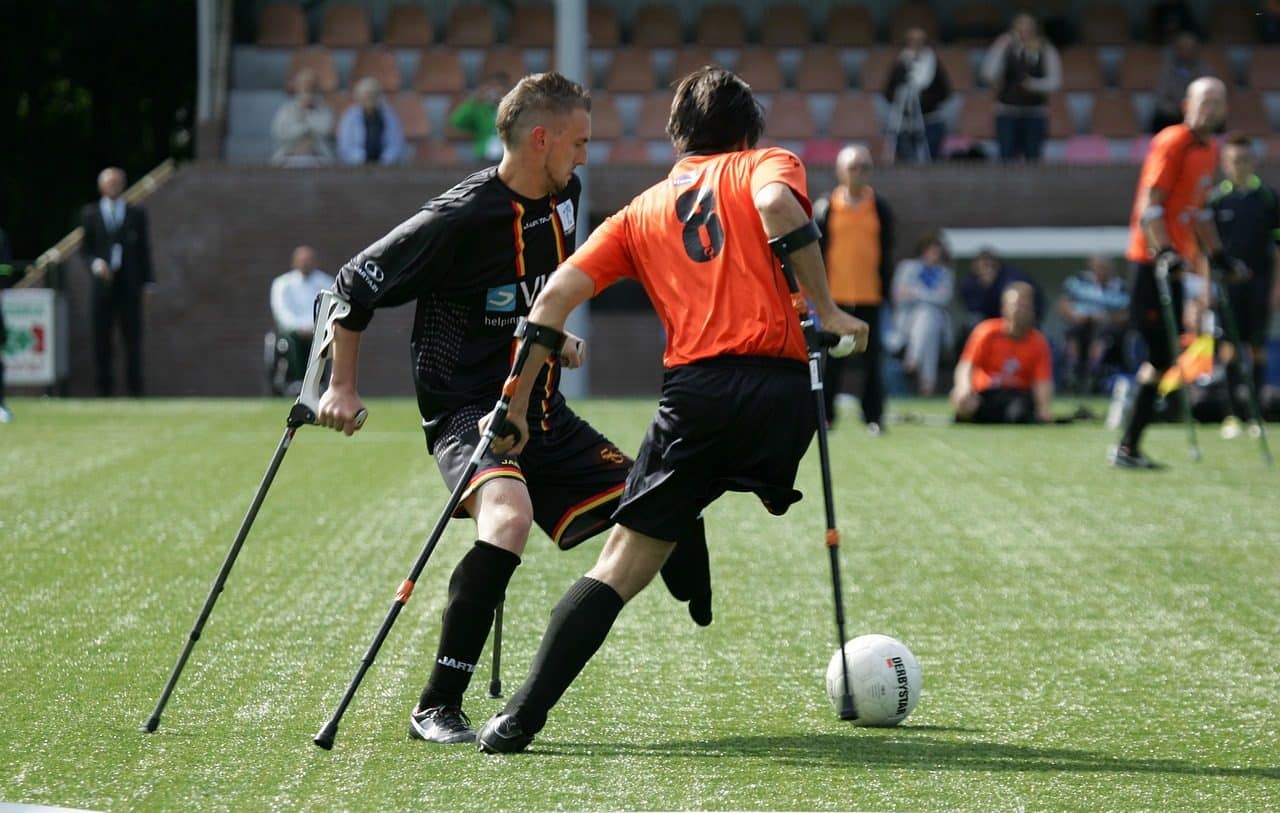
Mutilation may be due to a medical reason.
Mutilation is the process and consequences of mutilate , a verb that refers to amputating or excising a fragment of something . It is generally used to refer to the cutting off of some part of the body of a living being.
For example: “The authorities are investigating the mutilation of dozens of cows in a rural area of the province,” “In some places, genital mutilation is part of the culture; a necessary step to achieve purity» , “The filmmaker was outraged by the mutilation of his work” .
Reasons for mutilation
Mutilation can be associated with the amputation of a limb or another part of the body . It can occur due to a medical decision (to prevent the spread of a disease or reduce its impact) or due to severe trauma .
At a surgical level, mutilation consists of tying off the blood vessels to prevent bleeding and then cutting the muscles and bones in the area. When possible, the area is adapted so that the patient can use a prosthesis as a replacement for the amputated limb.
Mutilation, on the other hand, can be carried out in the manner of punishment . Certain towns defend physical punishment of criminals and may even cut off the hands of criminals to prevent them from stealing again.
On a symbolic level, finally, mutilation is a cutting or cutting of any object : “The editor decided to mutilate the novel, eliminating the most controversial fragments,” “The mutilation of the sculpture was carried out at night , when the museum was closed.”

The cutting or cutting of any element can be called mutilation.
clitoridectomy
Genital mutilation is when the reproductive organs are removed, either totally or partially. In these cases, the mutilation may be due to an issue linked to religion or aesthetic reasons. In some regions, genetic mutilation is applied to women (removing the clitoris ) as a form of domination.
It is a ritual that is performed when women are about to enter adulthood; and is considered a way to prepare them for maturity. In cultures that share this type of ritual, they think that this is how the body is purified to lead a life in accordance with the rules of the religion that brings them together.
Under the name of clitoridectomy or clitoral ablation , this ritual is developed in many more cultures than we believe; most of them located in the Middle East and other areas of Asia . The surgery consists of removing the lower lip and two-thirds of the upper lip of the clitoris, the external female genital apparatus .
Girls are exposed to this surgery to mark the end of their childhood and the beginning of their maturity, in which they will begin to have sexual relations : broadly speaking, the message of this operation is to indicate that the girl is now ready to procreate. It is a ceremony in which all members of the community participate and has been practiced for millions of years. In most of these cultures it is believed, and girls grow up convinced of it, that if this mutilation is not carried out they will be punished with all kinds of divine torture.
Clitoral mutilation, condemned worldwide
As expected, this custom has many detractors because it could be considered a violation of human rights. Partly because these types of actions prevent sexual enjoyment in women, and on the other hand because the girls who are subjected to it do not have the option to choose.
It is worth mentioning that these surgeries are performed in very poor hygiene conditions and this is another reason why they are considered a crime against the integrity of women. During these operations impressive bleeding occurs and girls usually faint. Those who carry out these practices must be women; and they are trusted people in the family circle who have already done it before but who do not have a medical license. The instruments used are also not appropriate and are not properly disinfected. This, as expected, brings many subsequent problems, infections that often end the lives of the victims.
Today there are many organizations fighting to eliminate this practice from the world forever, supported by Unicef , the United Nations body in charge of preserving children's rights.
